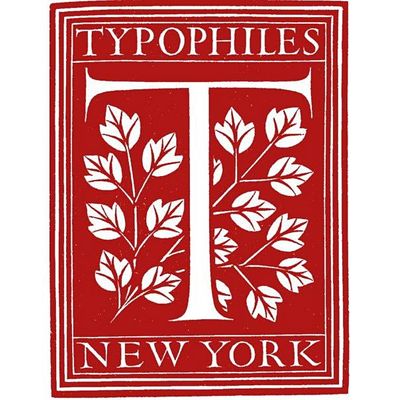
About this Event
In his influential book, Types of Typefaces, J. Ben Lieberman distinguished ‘legibility,’ “the ease with which one letter can be told from another,” and ‘readability’, “the ease with which the eye can absorb the message and move along the line.” He also noted the distinctiveness of the Caslon typefaces, noting that though individual letters are not beautiful, it is recognized as “highly readable, . . . with warmth and open dignity.” William Berkson discovered that the first distinction between legibility and readability was made in ground-breaking scientific research by the undeservedly forgotten Matthew Luckiesh. Galvanized by this discovery, William embarked on digital revivals of Caslon to better capture the virtues of the metal versions. He will tell us what the history of readability and the development of his Caslon revivals have in common.
William Berkson is a philosopher of science and type designer. He did his PhD under Sir Karl Popper at the London School of Economics, and is author of three books—on the history of science, on Popper, and on the Jewish wisdom classic Pirke Avot. He designed Williams Caslon Text, a font which was used for several years by the Boston Globe, and Foreign Affairs, and Williams Caslon Small, which has been in use by The New Yorker for their listings, for over 10 years.
☞ Be sure to bring a wrapped book of interest to the Typophiles for our traditional Holiday “grab bag.”
Event Venue & Nearby Stays
Grolier Club, 47 E 60th St, New York, United States
USD 49.87











